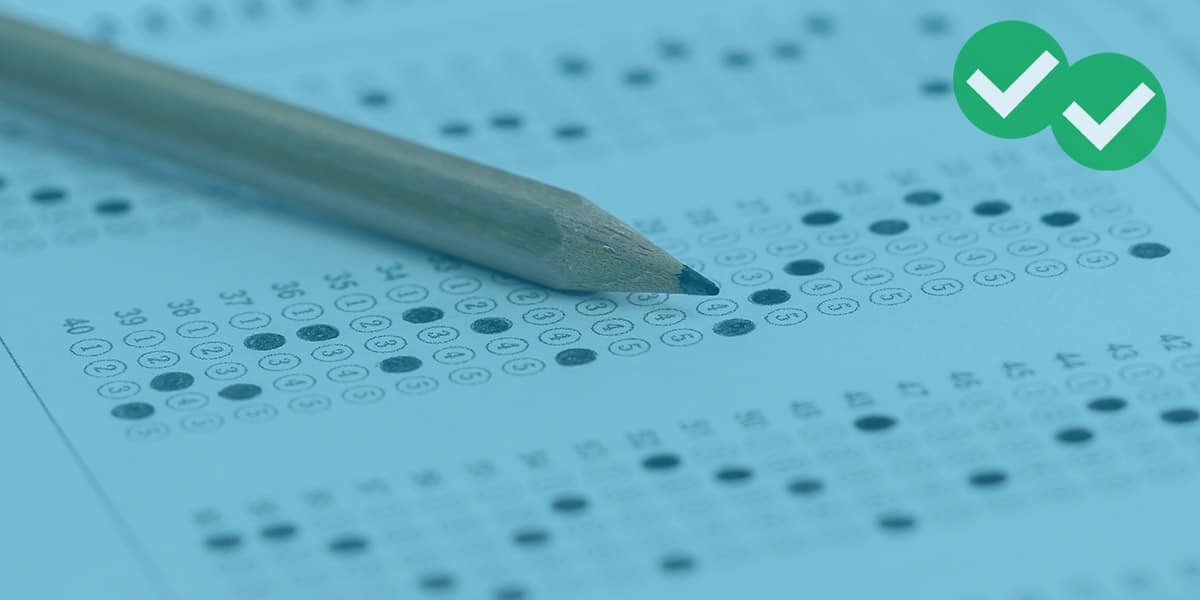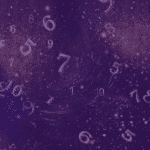
Calculating your SAT Score
Calculating your new SAT score should be easy–now that there is no guessing penalty. All you have to do is count the number you got right for a section (your raw score) and look at a table. Right?
Sadly, this is not the case. Instead, we now have two tables, one to convert your raw score to a score out of 40, and another one to see what score on the 800 scale that score of 40 corresponds to.
I know, that last sentence might have been confusing. But that’s because the new SAT scoring is, well, slightly confusing.
And a magical SAT score calculator will never exist because each SAT test is scored a little bit differently. So we’re left to deal with the tables, but let’s take a look and break it down.
To give you a specific example, let’s take the SAT Reading section. It has a total of 52 questions. Let’s say you missed 15. This will give you a raw score of 37. How did I find this? I just subtracted 15 (the number wrong) from the total in the section.
But there is a next step. You will need to convert that raw score to a scaled score (that’s the one out of 40 points). To do this, let’s use the table below. First step: find the column on the left. This gives you the raw score that you can convert to Math, Reading and Writing Scores.
This SAT raw to scaled conversion chart is from SAT Practice Test 1 available on the College Board website. You can use it to help estimate your SAT score from any practice test, but remember each test will vary slighty.
Click “Next” below to table to access the upper range of SAT scores, or use the box at the top left to expand the table.
| Raw Score (# of correct answers) | Math Section Score | Reading Test Score | Writing and Language Test Score |
|---|---|---|---|
| 0 | 200 | 10 | 10 |
| 1 | 200 | 10 | 10 |
| 2 | 210 | 10 | 10 |
| 3 | 230 | 11 | 10 |
| 4 | 240 | 12 | 11 |
| 5 | 260 | 13 | 12 |
| 6 | 280 | 14 | 13 |
| 7 | 290 | 15 | 13 |
| 8 | 310 | 15 | 14 |
| 9 | 320 | 16 | 15 |
| 10 | 330 | 17 | 16 |
| 11 | 340 | 17 | 16 |
| 12 | 360 | 18 | 17 |
| 13 | 370 | 19 | 18 |
| 14 | 380 | 19 | 19 |
| 15 | 390 | 20 | 19 |
| 16 | 410 | 20 | 20 |
| 17 | 420 | 21 | 21 |
| 18 | 430 | 21 | 21 |
| 19 | 440 | 22 | 22 |
| 20 | 450 | 22 | 23 |
| 21 | 460 | 23 | 23 |
| 22 | 470 | 23 | 24 |
| 23 | 480 | 24 | 25 |
| 24 | 480 | 24 | 25 |
| 25 | 490 | 25 | 26 |
| 26 | 500 | 25 | 26 |
| 27 | 510 | 26 | 27 |
| 28 | 520 | 26 | 28 |
| 29 | 520 | 27 | 28 |
| 30 | 530 | 28 | 29 |
| 31 | 540 | 28 | 30 |
| 32 | 550 | 29 | 30 |
| 33 | 560 | 29 | 31 |
| 34 | 560 | 30 | 32 |
| 35 | 570 | 30 | 32 |
| 36 | 580 | 31 | 33 |
| 37 | 590 | 31 | 34 |
| 38 | 600 | 32 | 34 |
| 39 | 600 | 32 | 35 |
| 40 | 610 | 33 | 36 |
| 41 | 620 | 33 | 37 |
| 42 | 630 | 34 | 38 |
| 43 | 640 | 35 | 39 |
| 44 | 650 | 35 | 40 |
| 45 | 660 | 36 | |
| 46 | 670 | 37 | |
| 47 | 670 | 37 | |
| 48 | 680 | 38 | |
| 49 | 690 | 38 | |
| 50 | 700 | 39 | |
| 51 | 710 | 40 | |
| 52 | 730 | 40 | |
| 53 | 740 | ||
| 54 | 750 | ||
| 55 | 760 | ||
| 56 | 780 | ||
| 57 | 790 | ||
| 58 | 800 |
How to calculate your SAT math score
1. For math, count the number of questions that you answered correctly for both the 20-question section and the 38-question section (remember: THERE IS NO PENALTY FOR WRONG ANSWER CHOICES; in other words, always guess).
2. Use the table above to figure out what score your scaled score corresponds to. Look at the column titled “math section score”. This will give you your actual score.
Example: say you answer 38 of the 52 math questions correctly. This will give you a raw score of 38.
To find out what this translates to in math, just look under the adjacent column to the right (the “math section score”). This number is 600. Therefore, you get a 600 on the math.
How to calculate your SAT reading/writing score
To figure out your verbal score, which is a combination of the 52-question reading section and the 44-question writing section, follow these steps.
1. Count the number of questions you answered correctly in the reading section (this number is out of 52).
2. Change the raw score into the scaled score by looking at the column “Reading Test Score”.
3. Count the number of questions you answered correctly in the writing section (this number is out of 44).
4. Change the raw score into the scaled score by looking at the column “Writing and Language Test Score”.
5. Add the writing scaled score to the reading scaled score. Multiply this number by 10. This will be your verbal score.
Example: Say you answer 32 questions correctly on the reading section. This translates to a score of 29. For the writing section, you answer 29 questions correctly. This translates to a 28. We’ll add 28 and 29, giving us 57. Then, we multiply that number times 10 (57 x 10 = 570). Your verbal score, in this case, is 570.
One last thing about SAT score calculators
Each SAT is not created the same; they differ ever so slightly. One might be a tiny bit more difficult than the other. How do we account for these variations? By a process called equating, that tries to compare SAT tests of varying difficulty. Since the math behind this requires a Ph.D. in statistics, we don’t actually have to understand how equating is done. We just have to expect that not every scale is the same.
For instance, a 57 in math can sometimes result in a perfect 800. This will happen when you get a math section that is slightly more difficult than math sections that follow the scale above. But I doubt there will be a test in which a 56 will get you a perfect score. Again, the differences are ever so slight. Even if a 57 is an 800, a 56 will likely be a 780, as we see in the scale above.
Need more help?
With Magoosh SAT, you can choose between a live cohorted class with an instructor (which includes all our lessons and practice questions) or access to the self-study option by itself.






Leave a Reply